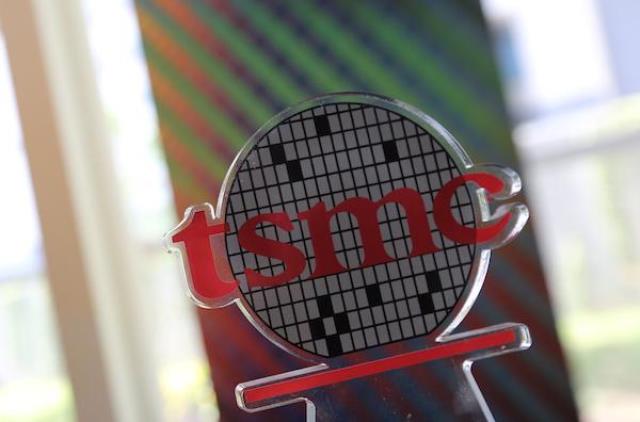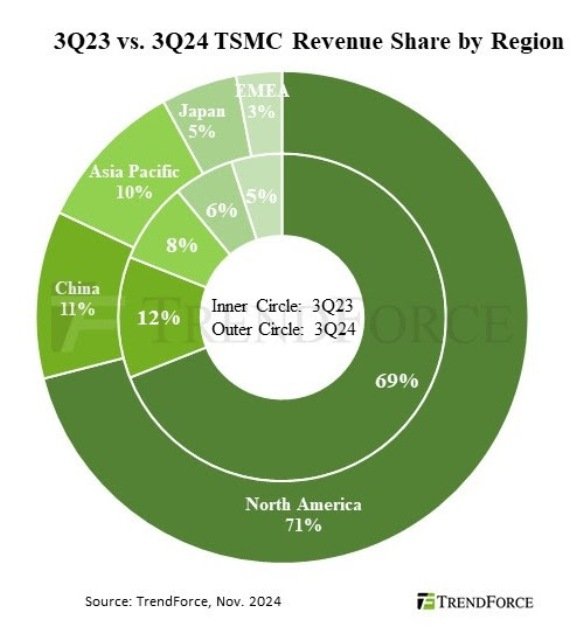The U.S. Department of Commerce has ordered Taiwan Semiconductor Manufacturing (TSMC) to halt shipments of advanced chips (7nm or more advanced) used in AI applications to Chinese customers starting November 11, Reuters news report said.

This follows the discovery of a TSMC chip in a Huawei AI processor, leading to concerns over violations of U.S. export controls, especially given Huawei’s position on the U.S. restricted trade list.
TSMC has notified affected clients and confirmed its commitment to complying with international export regulations. The company suspended shipments to some Chinese customers, including chip designer Sophgo.
The U.S. is focusing on ensuring chips are not diverted to Huawei for its AI processors. The decision allows the U.S. to quickly impose export control measures, bypassing lengthy rule-writing processes.
This clampdown is part of broader efforts to enforce stricter export controls on China, including restrictions on companies like Nvidia, AMD, and chip equipment makers such as Lam Research and Applied Materials.
Though the Joe Biden administration planned to release updated export rules for China in 2023, they have been delayed, highlighting ongoing concerns about the effectiveness of current restrictions.
A TrendForce report suggested that the policy could negatively impact TSMC’s revenue and the utilization of its advanced process capacity. It could also hinder China’s AI industry development.

The suspension follows concerns over potential violations of U.S. export regulations, particularly related to Huawei’s 910B chip. TSMC is reevaluating its client approval and product review processes.
Advanced nodes accounted for 67 percent of TSMC’s total revenue in 2024. Major clients for these processes are from the U.S., Europe, and Taiwan, which could mitigate the impact of losing some Chinese clients.
If additional Chinese clients are restricted, TSMC’s revenue could decline by 5 percent to 8 percent, though strong global demand for AI chips and planned price hikes may reduce the effect.
The full impact will depend on whether the U.S. imposes further export controls or adds specific Chinese clients to its Entity List.
Baburajan Kizhakedath
